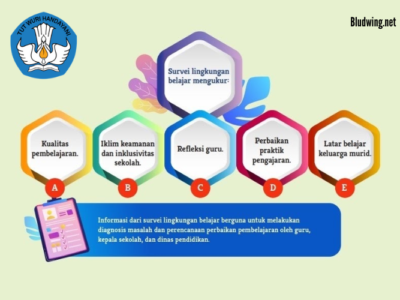Lifelong learning is the act of continuously educating yourself and developing new skills throughout your life. It is the belief that learning is not confined to the classroom and that it should be an ongoing process. This process can take many forms, from attending college classes to taking online courses and attending seminars and workshops. Lifelong learning is beneficial for both personal and professional growth, as it is essential for staying up to date on ever-changing technology, trends, and developments in your chosen field. It also helps to keep your mind sharp and creative, which can be beneficial for problem-solving and critical thinking.
The Advantages of Lifelong Learning
Lifelong learning provides numerous advantages, both personally and professionally. It helps to keep your skills up to date and relevant so that you can stay competitive in the job market. It can also help you to discover new interests and hobbies, as well as inspire you to pursue your dreams. Lifelong learning can help you to stay creative and think outside the box, and it can help you to develop new skills and knowledge that can be used to advance your career.
How to Get the Most Out of a Learning Experience
While there are many advantages to lifelong learning, it is important to make sure you are getting the most out of the experience. First, it is important to set your learning objectives and determine what it is you want to achieve. For example, if you are attending a seminar or workshop, you should determine what you want to get out of it and how you will apply it to your life. Additionally, it is important to be open to new ideas and perspectives, as well as ask questions and engage with the instructor or other participants. Lastly, it is important to take time to reflect on what you have learned and to apply it to your life.
Benefits of Continuing Education
Continuing education is a great way to further your education and stay up to date on the latest developments in your field. Attending college classes or taking online courses can help you to gain new skills and knowledge that can help to advance your career. Additionally, continuing education can help to keep your mind sharp and creative, as well as help you to stay current on ever-changing technology, trends, and developments in your chosen field.
Finding and Pursuing Opportunities for Learning
Finding opportunities for learning can be as simple as doing a quick online search, as there are many courses and seminars available. Additionally, many employers may offer educational opportunities for their employees, such as tuition reimbursement or professional development courses. Additionally, there are many online resources and websites for adult learners, such as Khan Academy and Coursera. Lastly, libraries, community centers, and colleges may offer free or low-cost classes.
Setting Goals for Lifelong Learning
Setting goals is an important part of lifelong learning, as it helps to keep you motivated and on track. When setting goals, it is important to be specific and achievable. Additionally, it is important to set both short-term and long-term goals, as well as setting both personal and professional goals. Additionally, it is important to set goals that are both measurable and achievable, so that you can track your progress and stay motivated.
Overcoming Challenges of Life-long Learning
While lifelong learning can be an enjoyable and rewarding experience, there may be some challenges to overcome along the way. One of the biggest challenges is finding the time and energy to pursue learning opportunities. Additionally, there may be financial and logistical challenges, such as tuition costs and travel expenses. Lastly, there may be psychological barriers, such as fear of failure or lack of confidence in one’s abilities.
The Rewards of Lifelong Learning
Despite the challenges, there are many rewards to be gained from lifelong learning. Not only can it help to advance your career, but it can also help to improve your mental and physical health. Additionally, lifelong learning can help to develop your creativity and critical thinking skills, as well as help you to stay informed and current on the latest trends and technologies. Lastly, lifelong learning can help to improve your confidence and self-esteem, as well as help you to discover new interests and hobbies.
Conclusion
Lifelong learning is an essential part of personal and professional growth. It can help you to stay competitive in the job market, as well as help to develop new skills and knowledge. Additionally, it can help to keep your mind sharp and creative, as well as inspire you to pursue your dreams. With the right approach, lifelong learning can be an enjoyable and rewarding experience.

















Comments